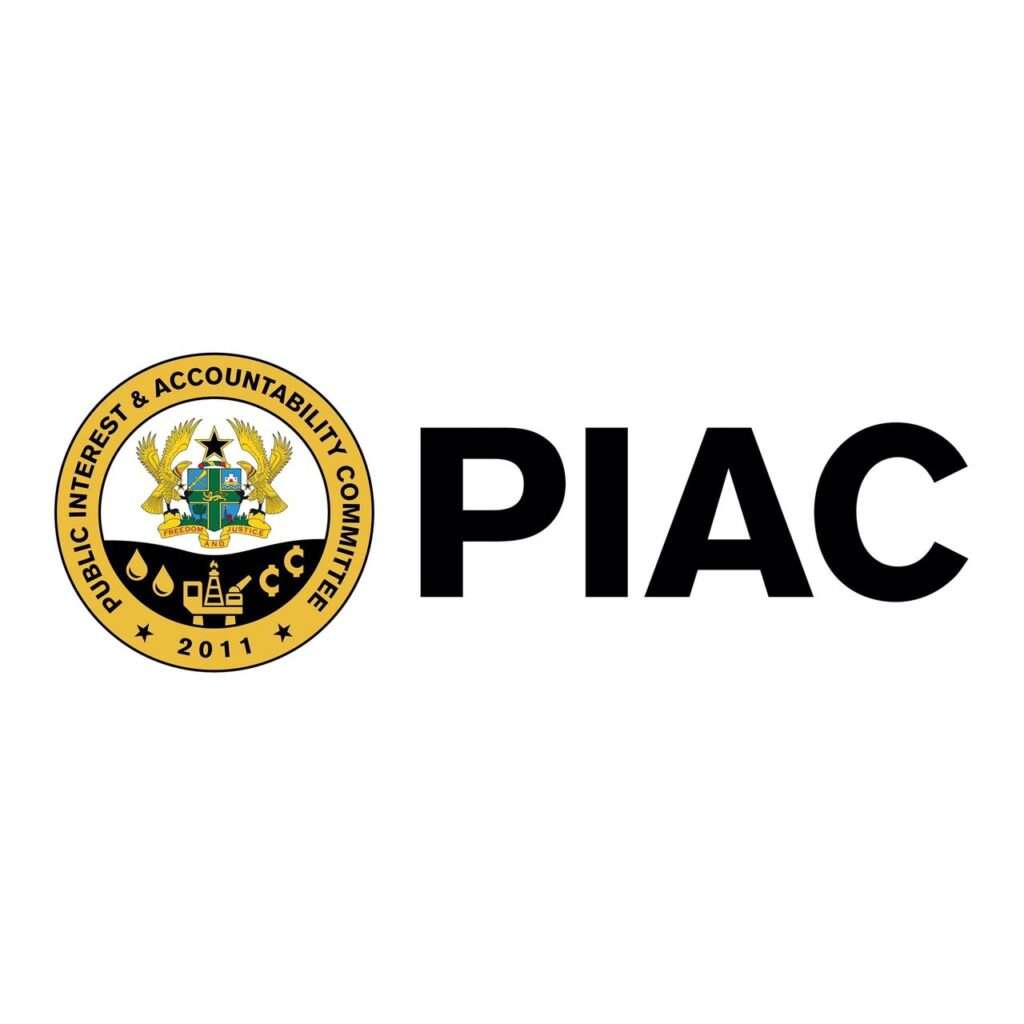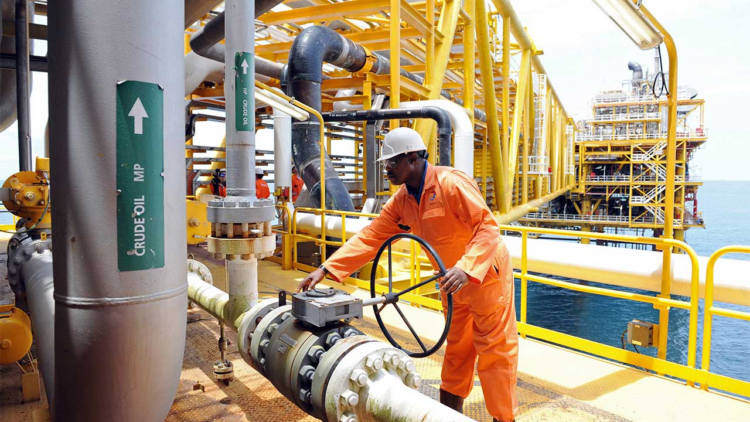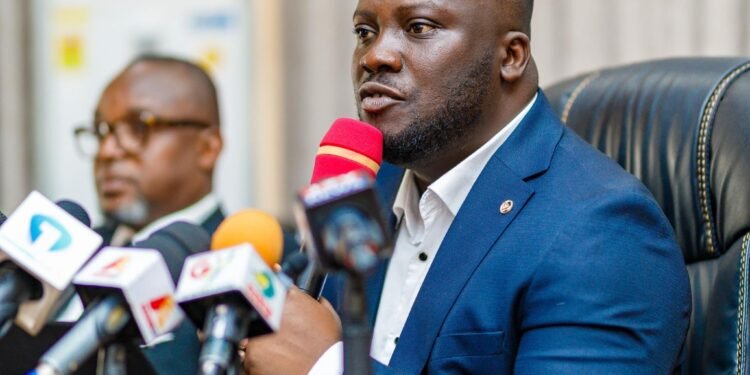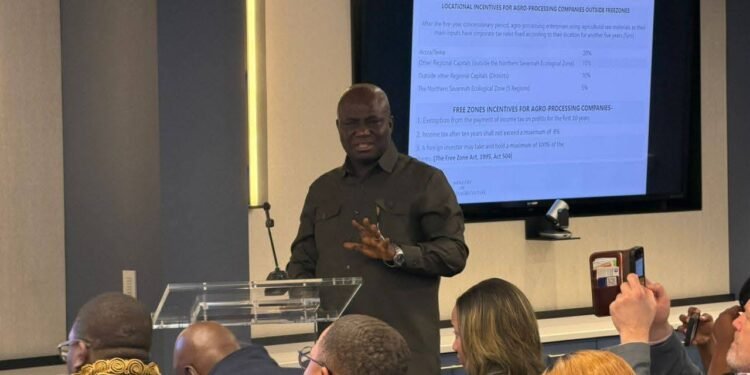The Public Interest and Accountability Committee (PIAC), an independent statutory body established under the Petroleum Revenue Management Act of 2011 (Act 815), has raised alarms over a steady decline in crude oil production in Ghana since 2020.
To address this critical issue, PIAC partnered with key industry stakeholders, culminating in a two-day consultative workshop held in Accra. The workshop, held at the Alisa Hotel, brought together representatives from the Ministry of Energy, Ghana National Petroleum Corporation (GNPC), Petroleum Commission, Ghana National Gas Limited Company, and academia, including the Department of Petroleum Engineering at Kwame Nkrumah University of Science and Technology (KNUST).
As part of its mandate, PIAC provided assessments on the management and usage of petroleum revenues to Ghana’s Parliament and the Executive, aiming to ensure accountability in the utilization and investment of petroleum funds.
“Conscious of the fact that sustainable crude oil production is key to generating the revenue it is mandated to monitor and provide an independent assessment.
“Having observed, and reported in its 2023 Annual Report, the consistent decline of Crude Oil Production in Ghana from 2020 to 2023, and its likely adverse impact on petroleum revenue, its management and investment and the need to address this trend.”
Public Interest and Accountability Committee (PIAC)
PIAC’s investigations, along with input from industry experts and academics, identified several primary factors responsible for the ongoing decline in oil production:
“Maturing oil fields leading to natural depletion; Investment constraints due to internal and external factors such as global energy transition issues, Technical and operational challenges including geological, equipment malfunctions and subsurface uncertainties.”
Public Interest and Accountability Committee (PIAC)
PIAC also noted that Ghana’s oil sector faces numerous “Legal, Regulatory and Fiscal challenges; Limited availability of reliable and high-quality data; Inadequate research collaborations between Academia and Industry.”
Recommended Interventions to Reverse Production Decline

In response to these findings, PIAC issued a communique outlining strategic recommendations aimed at reversing the decline in crude oil production and strengthening Ghana’s petroleum sector.
PIAC emphasized the need for comprehensive reforms in Ghana’s legal and regulatory environment to create an investment-friendly climate. By simplifying and modernizing licensing, fiscal policies, and compliance processes, the government can attract both local and international investors to the sector.
“There must be the development of a transparent and predictable framework for licensing and regulatory compliance to build investor confidence.”
Public Interest and Accountability Committee (PIAC)
PIAC urged the government to pursue public-private partnerships (PPPs) to fund and expand both upstream and downstream infrastructure. This includes projects that enhance gas supply and transportation, creating a more robust energy sector.
The communique also called for renewed focus on gas reserves through the implementation of Ghana’s Gas Master Plan. This plan would enable the country to capitalize on underutilized gas resources, enhancing national energy security while creating additional revenue streams.
“There is a need to strengthen collaboration between Industry and Academia to foster research and innovation in oil and gas production, and to create a centralised database accessible to Academia to enhance data-driven decision-making.”
Public Interest and Accountability Committee (PIAC)
To maximize output from maturing oil fields, PIAC recommended, “That there is a need to address technical and operational challenges by adoption and implementation of advanced oil recovery techniques and investment in technology for improved field operations and enhanced hydrocarbon extraction from mature fields.”
In light of the global shift toward sustainable energy, PIAC advised Ghana to pursue a mixed energy approach. Integrating renewable energy sources with traditional oil and gas operations could not only help address environmental concerns but also contribute to long-term energy security.
“There must be improved stakeholder engagement through regular fora for dialogue among industry stakeholders, Government, and civil society groups to address concerns and share insights for the growth and sustainability of the upstream oil and gas industry.”
Public Interest and Accountability Committee (PIAC)
PIAC also highlighted the importance of prioritizing technical insights in industry decisions, ensuring that policy choices are informed by field realities rather than external pressures alone.
To strengthen oversight and improve operational focus, PIAC recommended, “That there is a need to strengthen and streamline the corporate governance structure of the National Oil Company (GNPC) to enable it focus on its core mandate.”
PIAC reiterated the committee’s commitment to ensuring responsible management of Ghana’s petroleum revenues. She emphasized that while oil production levels are declining, strategic reforms and investments can stabilize and possibly revitalize the sector.
The communique from PIAC underscored a comprehensive approach, balancing regulatory reform with technological innovation and environmental responsibility. The actions outlined by PIAC represent a pathway towards stabilizing revenue streams, fostering a resilient energy sector, and safeguarding the future of the country’s petroleum industry.
READ ALSO: AGI Advocates for Workforce Training and Industry-Education Partnerships























